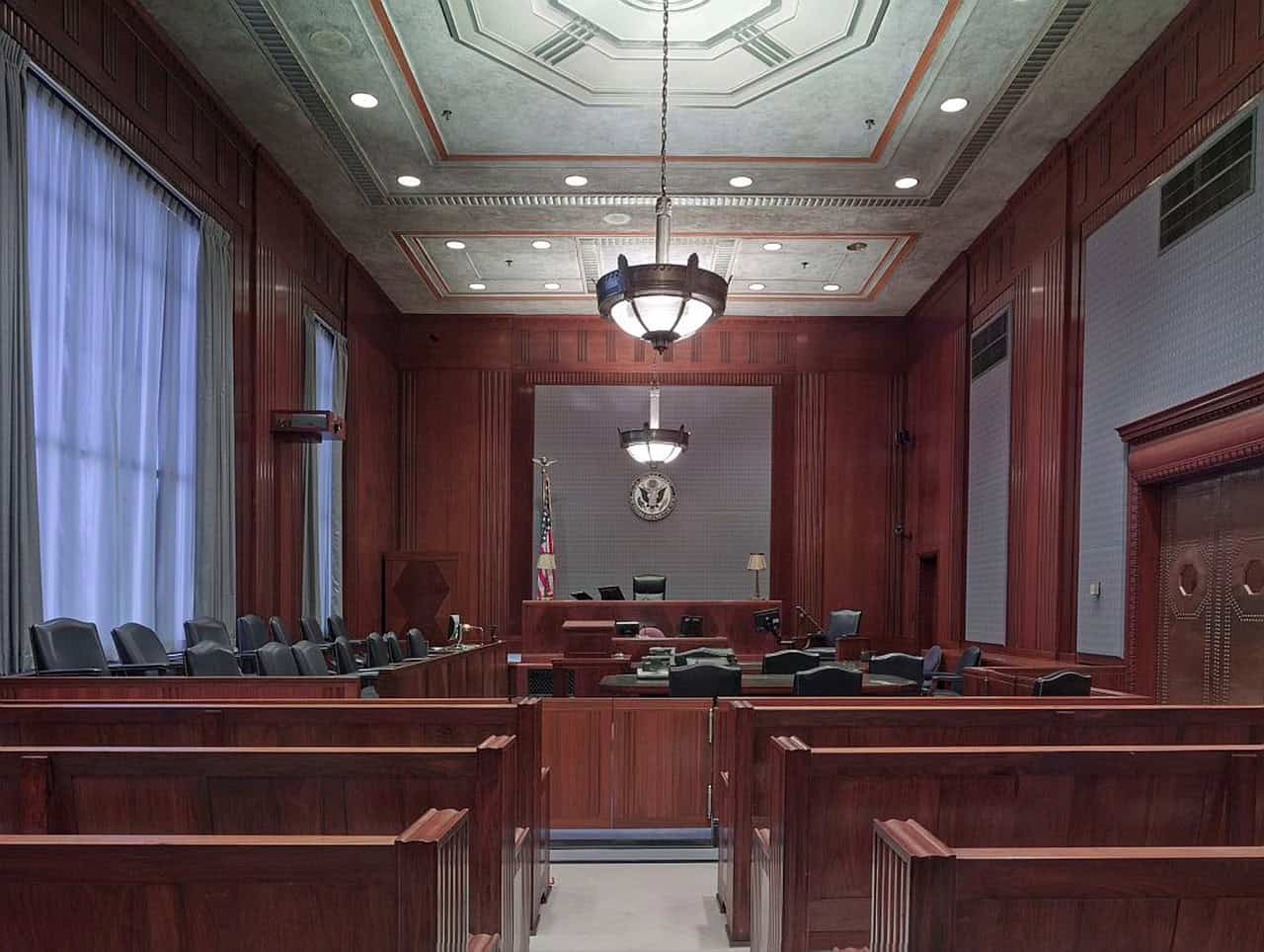How Often Do Personal Injury Cases Go To Trial?
Contrary to what is often portrayed in media and film, most personal injury claims do not actually see the inside of a courtroom. These dramatized cases, typically stemming from accidents or negligence, lead many to assume that a dramatic trial is inevitable. However, the legal landscape tells a different story, one where negotiation and settlement often prevail over the uncertainty and spectacle of trial.
Although there is no definitive data on the exact percentage of personal injury cases that go to trial, it is estimated that only 3% of these cases actually end up in court. This means that 97 out of 100 personal injury cases are resolved through settlement or alternative dispute resolution methods.
Should you find yourself harmed due to another’s negligence, getting a skilled lawyer is crucial. At Doehrman Buba Ring, we’re here to help you pursue justice. With years of experience in helping people just like you, our personal injury lawyers know the ins and outs of personal injury cases. We do more than just give legal advice; we’re committed to making sure you get justice and fair compensation for what you’ve been through. Contact us today to learn more about how we can help you.
Why Do Most Personal Injury Cases Settle?
Most personal injury cases settle before reaching a trial due to several practical and strategic reasons that benefit both the plaintiff and the defendant. Here are the primary factors driving this trend:
Risk Avoidance
Trials are inherently unpredictable. Both parties may prefer settling to avoid the uncertainty of a jury decision.
Cost-Effectiveness
Litigation can be expensive. Settling a case early can save both sides the substantial costs associated with a trial.
Time Savings
Trials can be lengthy, sometimes lasting for years. Settlements can resolve disputes much quicker, allowing all involved to move forward.
Privacy
Settlements are private, whereas trials are public. Parties often choose to settle to avoid the public exposure of a trial.
Control Over Outcome
In a settlement, both parties have more control over the outcome. Trials, on the other hand, leave the decision in the hands of a jury.
The choice to settle often comes down to the desire for a quicker, less expensive, and more predictable resolution to personal injury claims.
When Do Personal Injury Cases Go To Trial?
While many cases settle out of court, there are specific circumstances where a personal injury case may find its way to trial. Understanding these situations can help plaintiffs and defendants alike prepare for the possibility of a courtroom battle. Here are some key reasons why personal injury cases go to trial:
Insufficient Settlement Offers
When the insurance company or defendant offers a settlement that does not adequately cover the victim’s losses and damages, a case is more likely to proceed to trial.
Disputed Liability
If there is a dispute over who is at fault for the incident leading to the injury, neither party may be willing to settle, pushing the case to trial.
Complex Legal Issues
Cases involving complex legal questions or significant interpretations of law may require a trial to resolve these issues definitively.
Punitive Damages
In situations where the defendant’s behavior was particularly egregious, plaintiffs might seek punitive damages, which are more likely to be awarded by a jury at trial.
High-Profile Cases
High-profile cases, often involving significant media attention, may go to trial as parties seek a public forum for their dispute.

What Is a Settlement?
A settlement is a mutual agreement reached between the parties involved in a dispute, effectively resolving the matter without the need for a trial. In the context of a personal injury claim, a settlement usually involves the defendant or their insurance company agreeing to pay the plaintiff a certain amount of money. This compensation is in exchange for the plaintiff’s agreement to drop all legal claims against the defendant related to the injury in question. Settlements are negotiated out of court, often with the assistance of personal injury lawyers, and can be reached at any stage of the legal process, from shortly after the injury occurs until just before a jury reaches a verdict. The primary aim of a settlement is to provide a fair resolution in a manner that reduces the time, expenses, and unpredictability associated with court trials.
Pros and Cons of Going to Trial
When considering whether to go to trial in a personal injury case, understanding the potential advantages and disadvantages is crucial for making an informed decision. Here’s an outline of the pros and cons associated with taking a personal injury lawsuit to trial.
Pros
Potential for Higher Compensation
One of the most significant advantages of going to trial is the possibility of receiving a higher amount of compensation than what was originally offered in a settlement. Juries may award damages that exceed initial expectations, especially if the defendant’s actions were egregious.
Public Accountability
Trials are public, which means taking a case to trial can hold the defendant publicly accountable for their actions. This can be especially important in cases where public awareness and precedent are deemed necessary by the plaintiff.
Full Story Heard
A trial allows the plaintiff to have their full story heard by a jury. This can be a critical aspect for victims looking for a sense of justice and validation beyond monetary compensation.
Cons
Time Consuming
Trials can significantly extend the duration of the legal process, sometimes lasting for years. This extended timeline of a personal injury lawsuit can put additional emotional and financial strain on the plaintiff.
Costly
Going to trial is often much more expensive than settling out of court. Legal fees, court costs, and other expenses can accumulate, reducing the net amount of compensation the plaintiff receives.
Uncertainty of Outcome
The outcome of a trial is unpredictable. Despite strong evidence, there is always a risk that the jury may not rule in the plaintiff’s favor, resulting in no compensation for their injuries and losses.
Stressful Process
Trials can be emotionally taxing for the plaintiff, requiring them to relive traumatic experiences and face cross-examination by the defense.
Public Exposure
Since trials are public, sensitive details of the case and the plaintiff’s personal life may become public knowledge. This exposure can be distressing and have consequences outside of the courtroom.
Careful consideration of these pros and cons, often with the guidance of an experienced personal injury lawyer, is essential in deciding whether to proceed to trial or accept a settlement offer. Personal injury lawsuits are complex and unique, and the decision to go to trial should be made on a case-by-case basis.

Contact an Expert Indiana Personal Injury Attorney at Doehrman Buba Ring
If you or a loved one has been injured due to someone else’s negligence, you don’t have to navigate the complex legal landscape alone. Doehrman Buba Ring stands as a beacon of support and expertise for those seeking justice in Indiana. Our team of dedicated personal injury attorneys possesses the knowledge, experience, and compassion necessary to guide you through every step of the legal process, whether settling out of court or going to trial. To discuss your case and explore your options, contact Doehrman Buba Ring today for a free consultation and take the first step towards securing the compensation you deserve.



